We believe things can’t be both true and false, it can’t be both raining and not raining at the same time. Philosopher Graham Priest, however, thinks differently. In this interview, he argues true contradictions are an intrinsic part of reality.
Join Priest alongside other speakers such as Slavoj Zizek, Roger Penrose, and Phillipa Gregory at the HowTheLightGetsIn festival on September 21st-22nd debating topics from consciousness, to quantum mechanics, politics to beauty. Learn more here.
Most of us think in binaries: either it’s raining or it’s not, things are black or white, true or false. The philosophies of Frege and Russell in the 20th century formalised these binaries into the very logic of our thinking. Graham Priest pushes back against this. There is a huge variety of paradoxes which have puzzled philosophers throughout the ages, and that old view that contradictions are always false has yet to be justified. In this interview with the leading theorist of dialetheism we discover how it can be raining and not raining at the same time.
So, Graham what is the argument? Some commentators have argued that you seem to be saying that paradoxes are not just linguistic or conceptual issues, but that they exist in the world itself?
I don’t think I have ever said that. What I have said is that some contradictions are true (dialetheism, as it is now called). What makes a statement true is, in general, a combination of what words mean and how the world is. So ‘Australia is in the Southern Hemisphere’ is true partly in virtue of the meaning of ‘Southern Hemisphere’, and partly in virtue of some geographical facts. Many true contradictions are no exception to this general rule.
SUGGESTED VIEWING On Language and Logic With Timothy Williamson, Saul Kripke, Romina Padro
What was your intellectual journey towards dialetheism? Was there a specific moment or experience that convinced you that true contradictions are a fundamental aspect of reality?
I was trained as a mathematician. My doctorate is in mathematical logic, and I was as classical a logician as anyone could be. Any logician must engage with some of the most profound mathematical results of the 20th century, such as Gödel’s Incompleteness Theorems. These are closely related to the paradoxes of self-reference. So I became interested in these. These paradoxes have been discussed by logicians for nearly two and a half thousand years, and there has been no success in solving them—at least if success is judged by consensus. These paradoxes are arguments for certain contradictions. Most have assumed that there must be something wrong with the arguments. I started to think ‘maybe this isn’t true: these arguments just establish their contradictory conclusions’. So I started to investigate this possibility, its ramifications and applications. After a period of time, I became persuaded that, despite being highly unorthodox, this is a very sensible view.
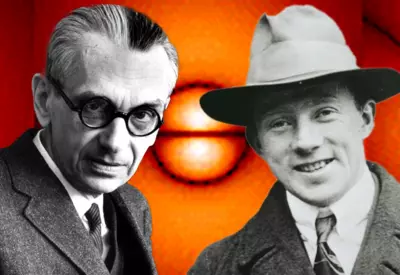 SUGGESTED READING
Maths, like quantum physics, has observer problems
By Edward Frenkel
SUGGESTED READING
Maths, like quantum physics, has observer problems
By Edward Frenkel
How do you define a paradox? Are there criteria that distinguish a "true" paradox from one that merely appears paradoxical due to linguistic confusion or logical error?
A paradox is an argument which appears to be sound, but which ends in a contradiction. If the argument really is sound, the contradiction is true. If not, there is no reason to believe so. Of course, all the hard work has to go in determining whether the argument is sound. There is no magic bullet to determine this.
___
The argument for Explosion presupposes that truth and falsity are exclusive. Hence an argument against true contradictions on the basis of Explosion begs the question.
___











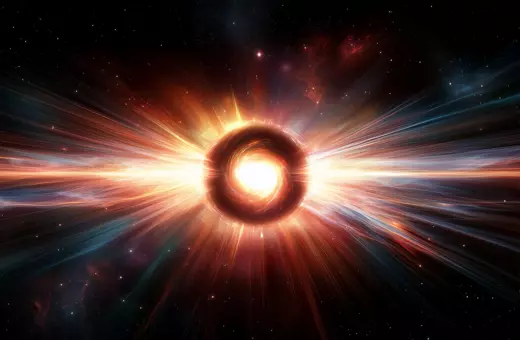
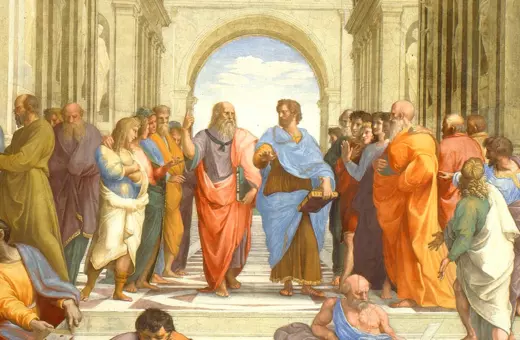

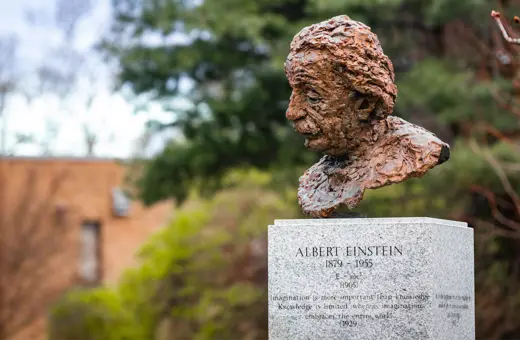
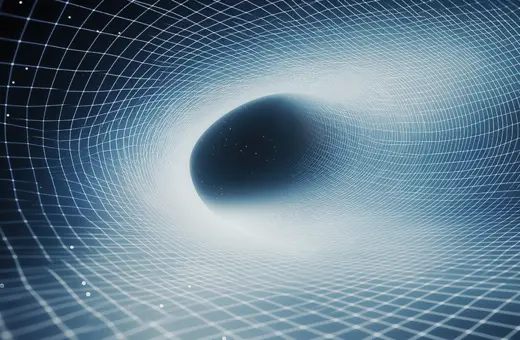


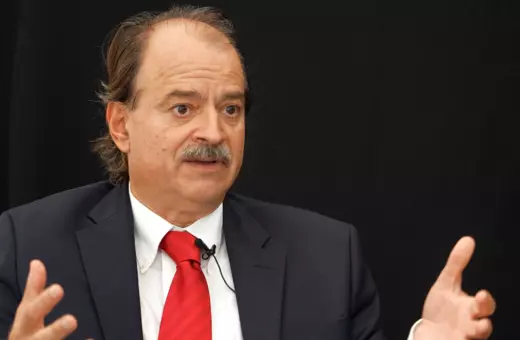


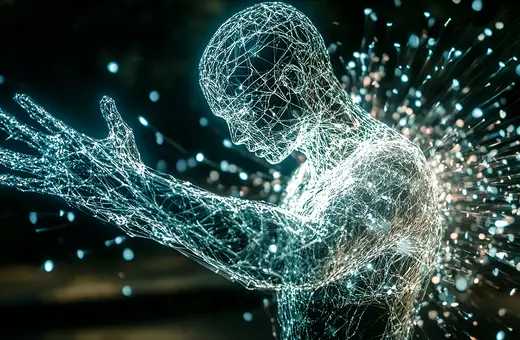
Join the conversation